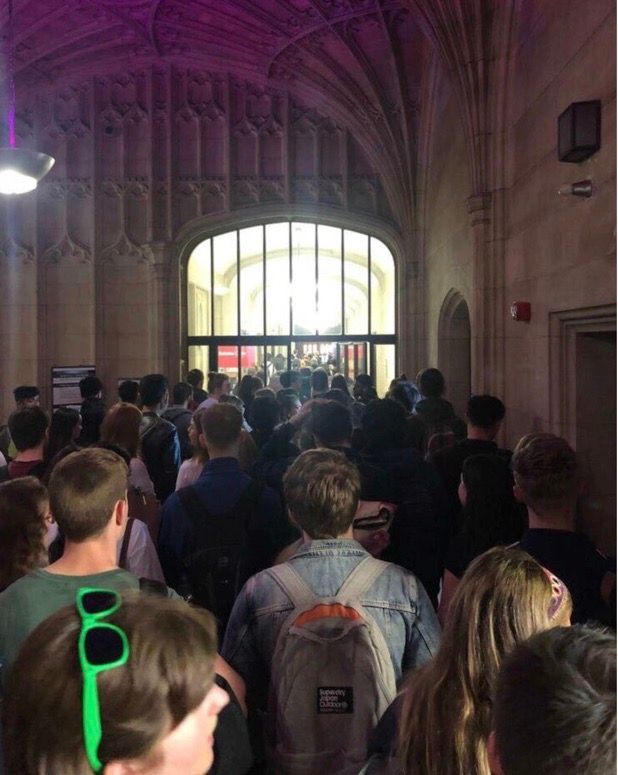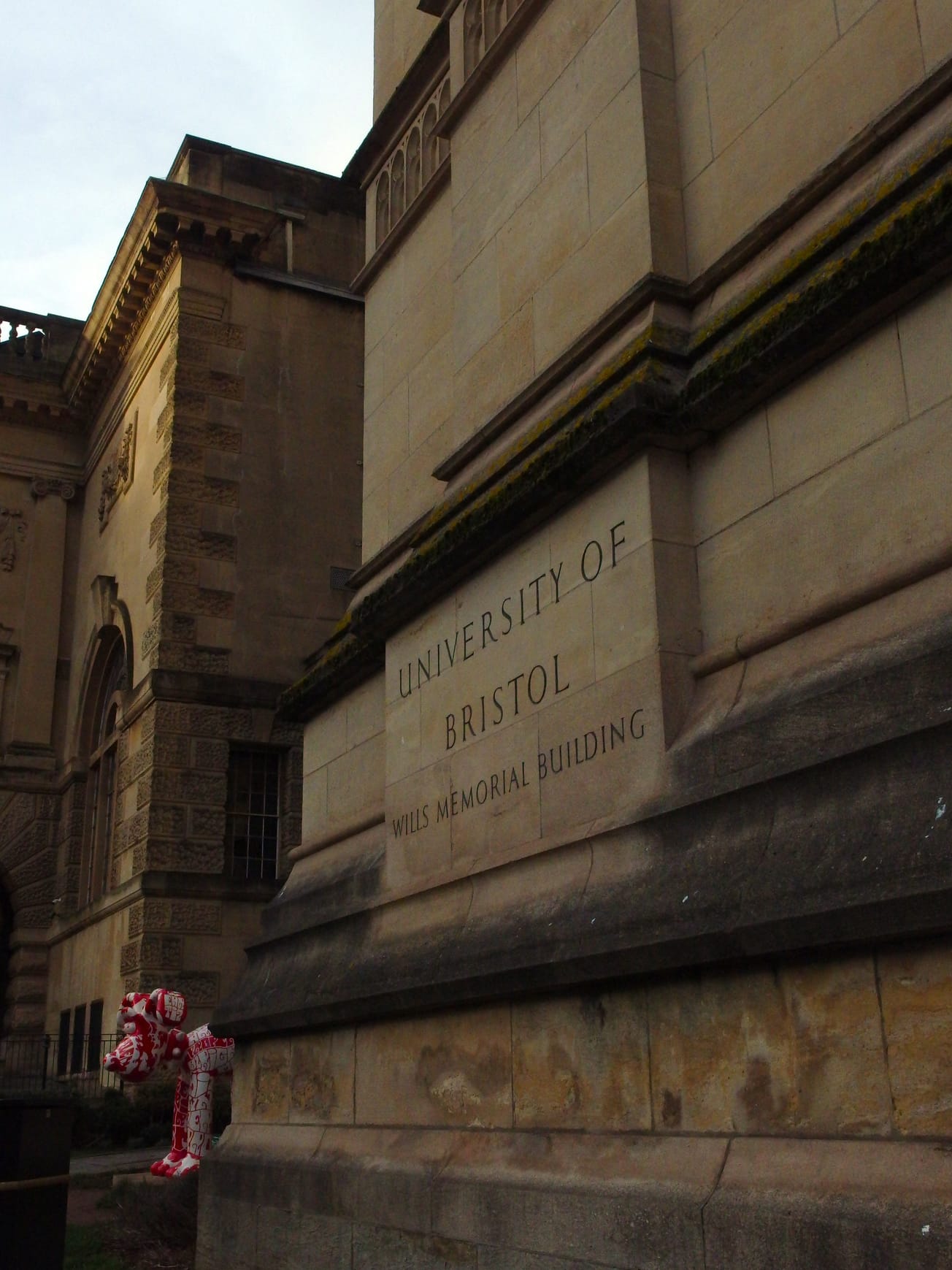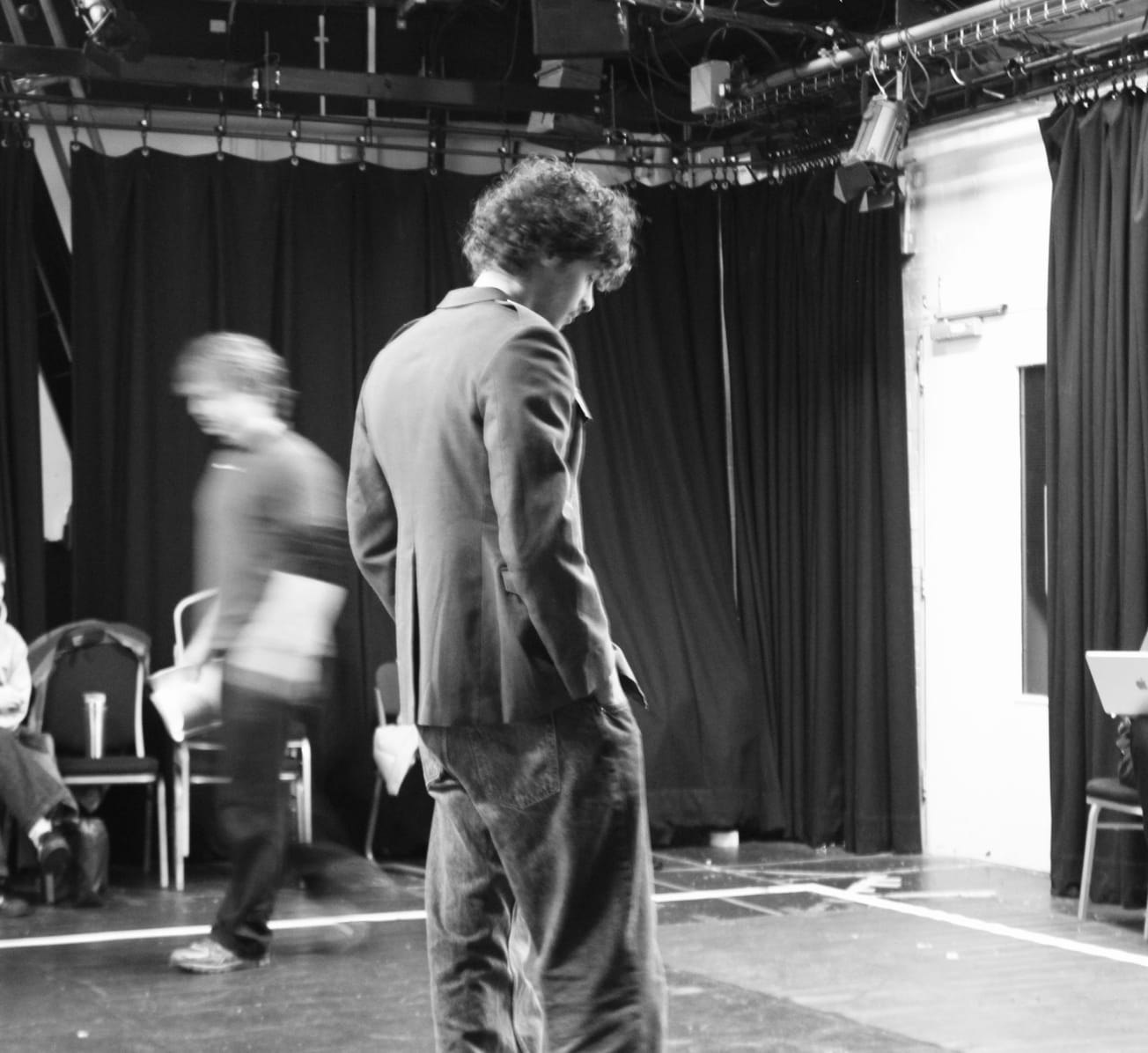By Ellie Brown, News Subeditor
A senior staff manager has admitted that the University is 'playing catch-up' despite plans for expansion in student numbers
A senior manager at the University has acknowledged the ‘huge amount of change’ resulting from the institution’s expansion, but has defended plans for future growth, including an eventual target population of 30,000 students.
During a panel event organised by Bristol Cut The Rent, Director of Campus Operations, Simon Bray, agreed that there had been a ‘bit of lag’ in the creation of facilities to cater for the rapid increase in numbers of students at the University.
He also accepted that the University had faced problems in adapting to its larger student body. ‘Look at the way we teach, the facilities we provide, the buildings we have - it’s not ideal’ he said.

However, he defended the University’s plans for future expansion, including a target population of 30,000 students - 4,000 more than there are at the institution currently. Arguing that by 2023, the University will have developed the necessary facilities to cater for this number, though he commented that this was ‘unlikely to happen soon.’
Another key announcement included the University's plans to take on 1,000 extra students in the 2020 academic year.
Mr Bray claimed that there would be enough beds to accommodate this number - 800 more than current levels, as it is estimated that 200 of the extra students will not need to be housed.
However, one member of the audience pointed out that these calculations do not account for the 200 students left without accommodation in 2019, prompting to Bray responded that current targets are undergoing a ‘thorough review’ and subject to change.
Others on the panel and in the audience discussed the effects of expansion on current students and staff. Ruth Day, co-chair of Bristol Labour students, raised the issue of overcrowding in study spaces - ‘in second year you literally can’t get a space’ - and long waiting times for mental health appointments, which is ‘quite worrying’ considering the number of students needing same day appointments.
A former student and current member of staff at the Arts and Social Sciences Library, argued that library spaces had become ‘hectic’ during exam periods, and noted that the student health service had become ‘much busier’ since his time as an undergraduate.

In response, Mr Bray agreed that: ‘there are shortages and challenges’ in the provision of study spaces for students, and stated that the University is ‘doing a major piece of consultation work’ to see if current spaces can be enlarged.
Additionally, Claire Slater, Deputy Director of Residential and Hospitality Services, pointed out that the wellbeing service had grown since its establishment and the workload of wellbeing advisors was currently under review.
In a statement to Epigram, a spokesperson fro Bristol Cut The Rent said: ‘We organised the event because we wanted to raise issues surrounding University expansion, especially following the situation in September where over 200 students were unable to be housed in University halls in Bristol.’
‘We wanted to give students and staff the opportunity to hear from current students about the crisis we are facing at Bristol, and to provide a channel by which the University community could pose their questions to Management about the University’s plans surrounding expansion.’
‘We hope that we have started a dialogue with the University around expansion, and that students were able to voice their concerns, which we hope will be taken to the very top of Senior Management. We hope that the University realised that it cannot continue with its disastrous expansion plans, which are set to continue at a rate of 1000 more students each year, without negatively affecting the lives of students and staff.’
‘We look forward to meeting with Simon and the SU on 11th February to hear the University’s plans for rent setting for the next academic year.’
Meanwhile, a spokesperson for the University of Bristol said: “It’s important to highlight that our Temple Quarter Enterprise Campus, due to open in 2023, will provide learning and study facilities for around 3,500 students – accounting for the lion’s share of our planned expansion. New student accommodation is being planned for the Temple Quarter Enterprise Zone to meet this additional demand.
“Careful planning has gone into accommodating and meeting the needs of additional student numbers on our current campus. A pipeline of new student accommodation is being planned across the city, alongside new academics buildings such as the Fry Building and the new Humanities Centre. We’re also creating new student facilities within Senate House, due to open next academic year, and the new University library will have capacity for around 2,000 new study seats when it opens.”
The news of an expansion in student numbers comes following yesterday's report by Epigram that new student accommodation is set to be built on the site of the former Bristol Royal Infirmary.
Featured Image:Unsplash/Good Free Photos
Do you think the University should be expanding its numbers? Let us know.









